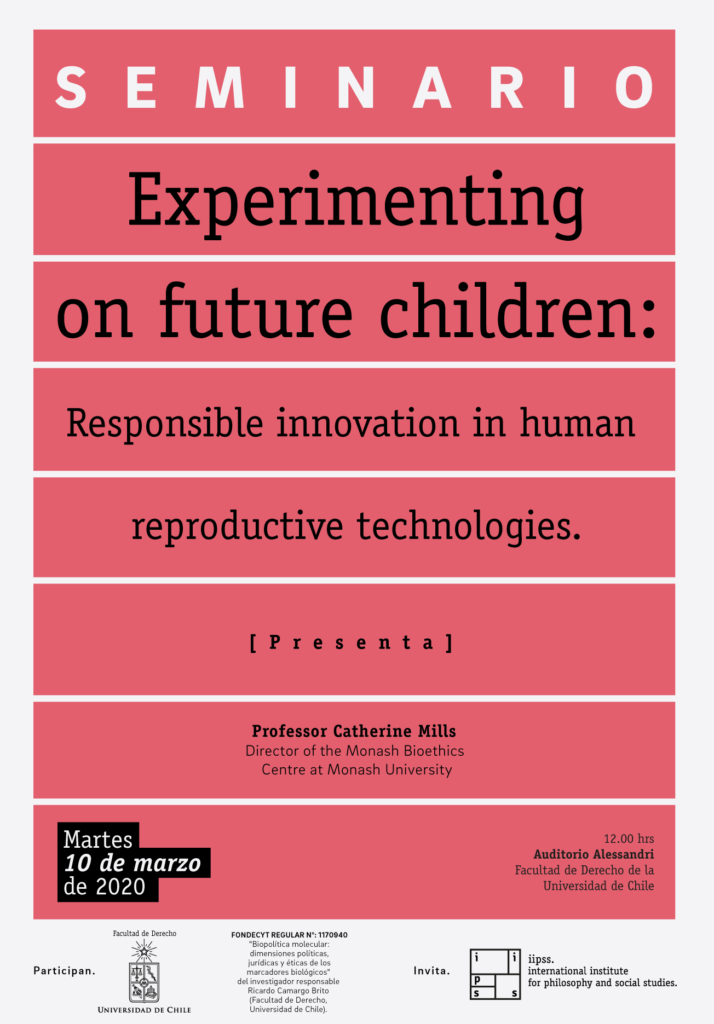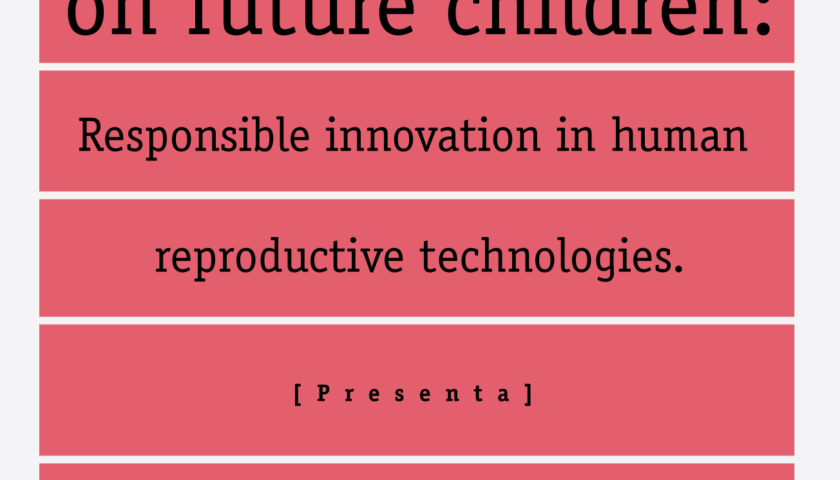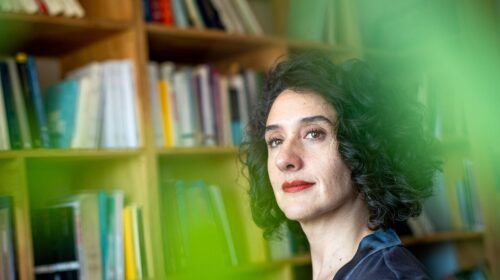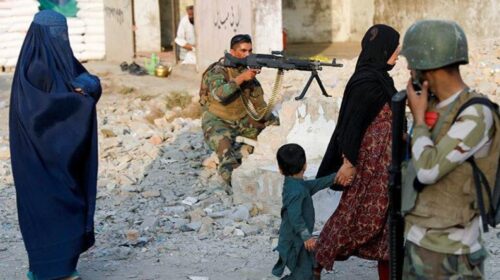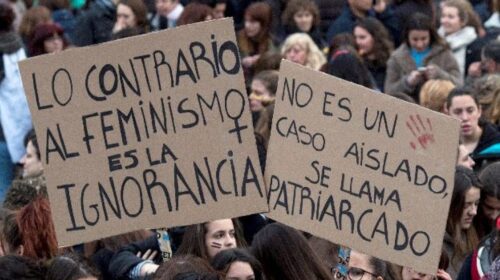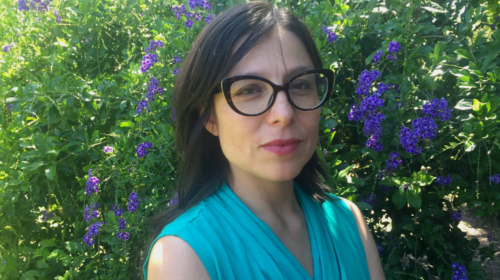On Tuesday 10th of March, Professor Catherine Mills presented at the Faculty of Law, University of Chile her research “Experimenting on future children: Responsible innovation in human reproductive technologies”. This event was held as part of the Fondecyt “Biopolítica molecular: dimensiones políticas, jurídicas y éticas de los marcadores biológicos”, PR Ricardo Camargo Brito, and IIPPS coordinated the event.
Professor Catherine Mills is Director of the Monash Bioethics Centre at Monash University. She has published Futures of Reproduction: Bioethics and Biopolitics (Springer, 2011) and The Philosophy of Agamben (Acumen, 2008). Her current research addresses biopolitics and bioethics, especially regarding reproductive technologies. She is finishing a book on biopolitical theories and she is one of the main researches on a project of the Australian Research Council about the use of ultrasound images in the obstetrics field and selective termination of pregnancy (
https://research.monash.edu/en/persons/catherine-mills).
In her presentation, she analyzed CRISPR-Cas9 which allows editing the human genome. While CRISPR-Cas9 has dominated the science headlines in recent years, there has been a broad social and moral consensus that it is too soon to move to clinical use of genome editing in human reproduction. Nevertheless, Chinese scientist He Jiankui reported the use of CRISPR in the births of two girls in 2018 and in Russia, another scientist has indicated plans to proceed with human reproductive genome editing. In this project, I explore the question of what social and ethical effects such early adoption of innovative technologies in the context of human reproduction may have, focusing on scientists, women, and future children. I argue that responsible innovation in human reproductive technologies requires thinking beyond standard concerns with individual consent, autonomy and risk to broader ideas about shared life-worlds and intersubjectivity.

